https://www.dailymail.co.uk/news/article-11075237/Nancy-Pelosi-visits-Taiwans-parliament-Taipei-1st-day-trip-hotly-contested-island.html
DPP LEGISLATORS Fan Yun and Chang Jui-hsiung recently called for the requirement that elected officials swear their oaths to a portrait of Sun Yat-sen to be dropped. Unsurprisingly, this has prompted backlash from KMT legislators such as Chen Yixin, who accused this of being the DPP’s latest effort to erase symbols of the ROC.
Fan and Chung referred to the oath-taking to Sun portraits as a legacy of authoritarianism, stating that in an era of democracy, there was no need to swear a political oath to a specific historical politician. Indeed, Taiwan is, after all, a country that once saw the dictatorships of the two Chiangs, during which there existed a cult of personality around Chiang Kai-shek and Chiang Ching-kuo.
As Sun is the founding father of the ROC, he is venerated in pan-Blue views of history. However, many members of the pan-Green camp view Sun as having little to do with Taiwan. By the time that KMT came to Taiwan, after the end of the fifty-year Japanese colonial period, Sun had been dead for two decades.
More broadly, Fan and Chang called for not only the removal of Sun portraits in public institutions, but also the removal of the requirement that the national flag of the ROC be hung in government buildings, auditoriums, and other public gathering places. Fan and Chung called attention to this requirement that national flags be displayed in public places as a legacy of the authoritarian period in Taiwanese history.
Fan and Chung proposed this late last month in the Legislative Yuan, with the proposal backed by twelve other DPP legislators including Yu Tien, Lai Pin-yu, Hung Sheng-han, TSP legislator Chen Po-wei, and independent legislator Freddy Lim. It remains to be seen if the proposal will gain traction, though it is certain to meet with resistance from the KMT. In the previous two legislative sessions, former DPP legislator Gao Jyh-peng made a similar proposal. The issue is a particularly salient one ahead of National Day commemorations on October 10th.
Indeed, the official veneration of national symbols has been scaled back in Taiwan’s democratic period. It was once, for example, required that moviegoers had to stand and sing the national anthem before they watched movies.
Yilan county commissioner Chen Ding-nan was the first to lift the requirement that the national anthem be sung before movies in September 1988, following which a political controversy ensued, leading the Government Information Office (GIO) to try to mandate the continued singing of the national anthem. Then-Taipei mayor Chen Shui-bian declared in 1995 that movie theaters were free to decide on their own whether to sing the national anthem or not, leading the GIO to eventually back down from the issue. Past years have seen some calls from members of the pan-Blue camp to reinstate the singing of the national anthem before movies.
Indeed, the singing of the national anthem, as well as the use of artifacts of the ROC in the presidential inauguration, continue to be controversial. The national anthem praises the KMT party-state, prompting controversy whenever a DPP president is sworn in to the presidency and sings the lines in the national anthem about the party-state as part of the swearing-in ceremony.
However, it is more generally the case that members of the pan-Blue camp see the Tsai administration as attempting to do away with the institutions of the ROC. This has been reflected in a number of controversies over the past four years, including regarding the display of the ROC flag on government websites or in the advertising for National Day celebrations, changes in the design of the Taiwanese passport, the name of representative offices of Taiwan overseas, or the name that diplomatic representatives of Taiwan use to refer to themselves. One observed this earlier this month, with pan-Blue backlash against a new design for the Taiwanese passport that minimized the words “Republic of China” in English and increased the size of the word “Taiwan”, or against Taiwan’s representative to the US, Hsiao Bhi-kim, for referring to herself as Taiwan’s “ambassador” to the US.
More broadly, the KMT has sought to accuse the DPP of seeking to carry out “de-Sinicization” to push for “cultural Taiwanese independence” in past years. In particular, the KMT believes that this is one of the reasons why the DPP has been able to win over Taiwanese young people while it, in turn, has alienated Taiwanese young people. But, in this sense, the retreat of the KMT into cultural warfare also reflects the political weakness of the party at present, in attempting to mobilize the party base by creating a sense of being under attack. This is what we can glean from the KMT’’s attempts to militate against the proposal to remove ROC flags and Sun Yat-sen portraits from public institutions then.
https://newbloommag.net/2020/10/05/sun-portrait-controversy/
2016年11月18日金曜日
安倍晋三首相は日本会議とずぶずぶなのに世界連邦運動内過激派が「安倍死ね!」とヘイトスピーチされてた件
日本語WIKIから肝心のもんがまた欠如してる件。(爆wwwwwwThe idea and aspiration of world government is known since the dawn of history. Bronze Age Egyptian Kings aimed to rule "All That the Sun Encircles," Mesopotamian Kings "All from the Sunrise to the Sunset," and ancient Chinese and Japanese Emperors "All under Heaven." These four civilizations developed impressive cultures of Great Unity, or Da Yitong as the Chinese put it. In 113 BC, the Han Dynasty in China erected an Altar of the Great Unity.
The Greek Stoic School preached one monarch over all mankind.[citation needed]Polybius expressed one Government over the Mediterranean world as the "marvelous" achievement of Fortune and the main task of Historian is to explain how she did it.[1]
The Great Unity (Chinese: 大同; pinyin: dàtóng) is a Chinese concept referring to a utopian vision of the world in which everyone and everything is at peace. It is found in classical Chinese philosophy which has been invoked many times in the modern history of China.
The notion of the "Great Unity" appeared in the "Lǐyùn" (禮運) chapter of the Book of Rites, one of the Confucian Chinese classics.[1][2] According to it, the society in Great Unity was ruled by the public, where the people chose men of virtue and ability, and valued trust and harmony. People did not only love their own parents and children, but also secured the living of the elderly until their ends, let the adults be of use to the society, and helped the young grow. Those who were widowed, orphaned, childless, handicapped and diseased were all taken care of. Men took their responsibilities and women had their homes. People disliked seeing resources being wasted but did not seek to process them; they wanted to exert their strength but did not do it for their own benefit. Therefore, selfish thoughts were dismissed, people refrained from stealing and robbery and the outer doors remained open.[3]
The concept was used by Kang Youwei in his visionary utopian treatise, The Book of Great Unity (Chinese: 大同書).[citation needed]
The Great Unity is also often mentioned in the writings of Sun Yat-sen and is included in the lyrics of the National Anthem of the Republic of China (Taiwan).
This ideology can be reflected in the following examples, both Taiwanese anthems:
- 「三民主義,吾黨所宗,以建民國,以進大同。」 (literal translation: "Three Principles of the People, the aim of us, to build the Republic, to advance into Great Unity.") - National Anthem of the Republic of China
- 「毋自暴自棄,毋故步自封,光我民族,促進大同。」(literal translation: "Never abandon in desperation, nor being complacent with achievement; Glorify our nation and work promoting Great Unity.") - National Flag Anthem of the Republic of China
https://tokumei10.blogspot.com/2016/11/blog-post_364.html
2022年7月13日水曜日
Remember 安倍晋三記念小学校
国際政治学者の武者小路公秀さん死去 92歳、人権問題に情熱注ぐ
2022年7月12日 19時30分国際政治学者で国連大学副学長などを務め、国際人権NGO・反差別国際運動(IMADR)日本委員会理事長を務めるなど、人権問題に情熱を注いだ武者小路公秀(むしゃこうじ・きんひで)さんが5月23日に死去した。国連大学が発表した。92歳だった。
1929年、ベルギー・ブリュッセル生まれ。父は外交官で、幼少期は欧州で過ごした。学習院大政経学部を卒業し、パリや米国でも学んだ。作家の武者小路実篤(さねあつ)は叔父にあたる。
学習院大、上智大などの教授、国連大学副学長、大阪経済法科大アジア太平洋研究センター所長、大阪国際平和センター(ピースおおさか)会長、アジア・太平洋人権情報センター(ヒューライツ大阪)会長なども歴任した。
帰国子女としていじめを受けた経験から差別を受ける人々への共感を培い、在日コリアン、アジア人労働者、留学生らの運動にかかわった。国連大学でのマイノリティー研究を機に、部落解放運動とも接点を持ち、部落解放同盟の呼びかけで結成された反差別国際運動では事務局長を長く務めた。一方、駐独大使だった父が日独防共協定に調印したことなどを挙げ、「私には被害者と加害者の二重の意識がある」とも語ったという。
ノーベル賞受賞者の湯川秀樹らが55年に結成し、日本国憲法の平和主義や人道主義に基づいて反核非戦の声明や提言を出してきた「世界平和アピール七人委員会」委員を2004~21年に務めた。在任中は集団的自衛権の行使を容認する閣議決定の取り消しなどを求めるアピールを発表した。
著書に「転換期の国際政治」「人間の安全保障―国家中心主義をこえて」など。
https://www.asahi.com/articles/ASQ7D66V2Q7DPTIL00P.html
2013年11月13日水曜日
2014年9月19日金曜日
In 1877 Cantlie became a Fellow of the Royal College of Surgeons and Assistant Surgeon to Charing Cross Hospital; in 1886 he became Surgeon at Charing Cross. In 1888 he resigned to take up a position in Hong Kong. While in the colony, he co-founded the Hong Kong College of Medicine for Chinese, which later grew into the University of Hong Kong. One of his first pupils at the College was the future Chinese leader Sun Yat-sen. Cantlie's work in Hong Kong included investigations into leprosy and into various tropical diseases; in 1894 he encountered an outbreak of plague.
In 1896 poor health – caused by his untiring work as a teacher, researcher and practicing doctor – forced Cantlie to return to London. Later that year, Dr. Sun visited him, and was kidnapped by the Imperial Chinese secret service. Sun was imprisoned in the Chinese Legation, and would have been shipped back to China and executed had it not been for Cantlie, who led a media campaign which not only succeeded in releasing Dr. Sun, but also made him a hero in Britain.https://tokumei10.blogspot.com/2014/09/isisjohn-cantlie.html
Cantlie's work in Hong Kong included investigations into leprosy and into various tropical diseases; in 1894 he encountered an outbreak of plague.




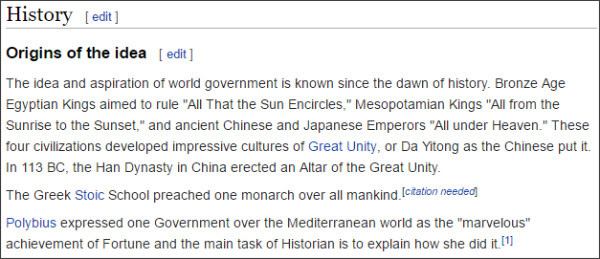
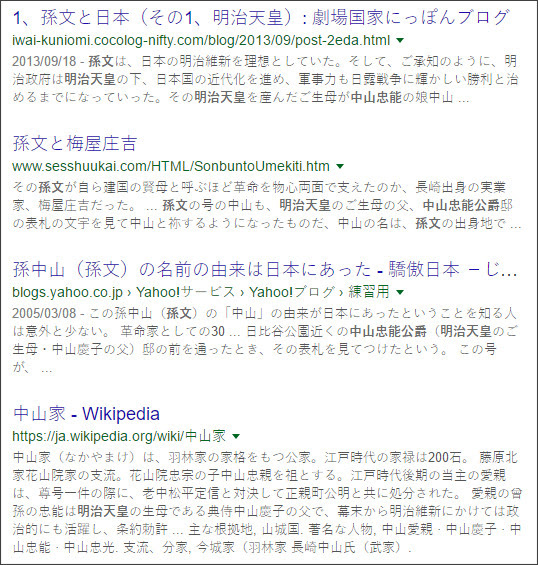
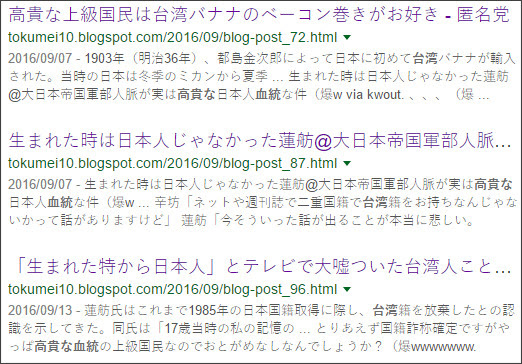
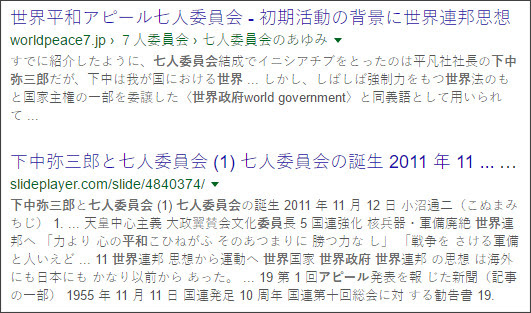
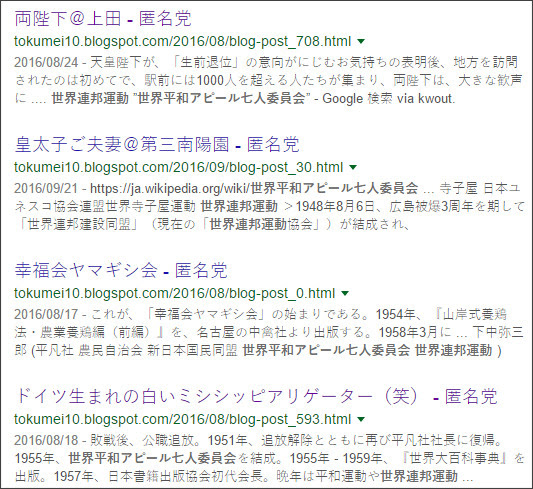

5 件のコメント:
10月からワクチン有料。
麻薬ビジネスかよwwwwwwwwwwwwwwwwwwwwwwwwwwwwwwwwwwwwwwwwwwwwwwwwwwwwwwwwwwwwwwwwwwwwwwwwwwwwwwwwwwwwwwwwwwwwwwwwwwww
五十六アゲアゲの竹槍戦法wwwwwwwwww
サイというひとはたしかリベラル左でしたね
日本の反米サマナのラスボス、武者小路公秀さんの息子さんの同級生
日本横浜中国大同学校
コメントを投稿